Live from a ghost town
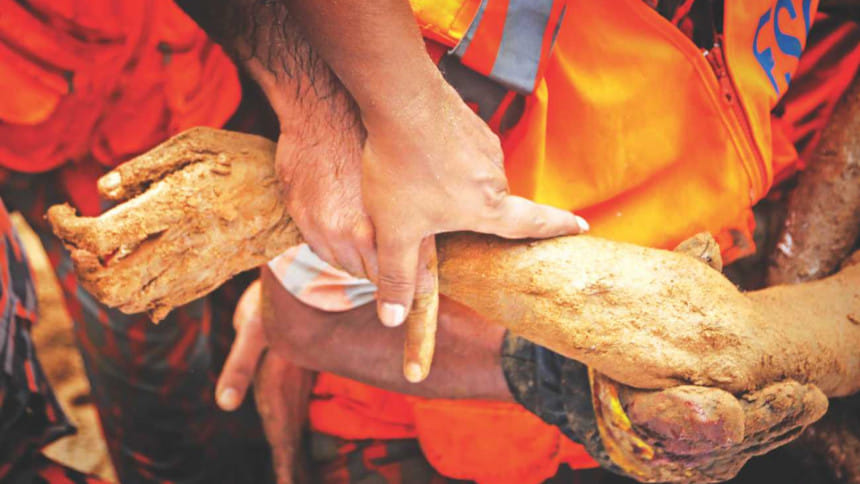
Photos: Star File
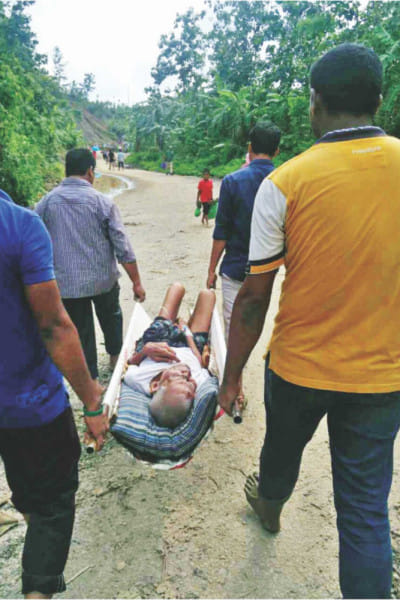
Four long days of darkness. People of all ethnicities walk on the streets with scared, worried faces. They walk as fast as they can. I have never seen Rangamati like this. Rangamati, the town which is affectionately called the heaven of the country because of its serene beauty, is now a death trap after the landslide on June 13 that took away 150 lives (and counting).
Memories of June 13, 2017
I woke up with a start to find my bed shaking. I looked at the ceiling fan and tried to understand whether an earthquake was taking place. There was no sign of one, so I went back to sleep. But my bed started shaking again. This time it was stronger. I sat down, looked through my window, thinking—is that a tree falling down? No, nothing. I lay down again and immediately understood that the land underneath my bed was moving. It was such a surreal feeling—coming to terms with the fact that the land where I stand with such pride was not a friend anymore.
I ran to the balcony from where the whole of my front-yard can be seen; on one side of it, was a hill that has been a dear neighbour all my life.
But within seconds, I saw it coming down—complete with walls, trees and homes.
My dad was moving towards the end of the house where the land was collapsing. I cried out: "Baba, baba, don't go there, don't go there." My voice got lost in the thundering rain. I watched the hills crumbling down as he walked towards it. It fell down before my dad could reach it.
We were amongst the lucky ones. But my niece Rekha wasn't that lucky. Neither were the 150 persons whose bodies have been recovered.
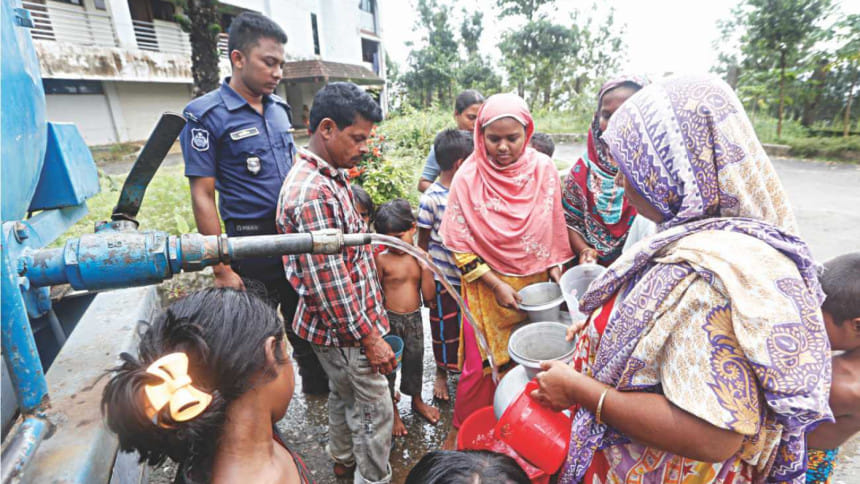
Rekha's four-year-old daughter Prince lost her life in the landslide, the day after she celebrated her birthday. Rekha took Prince to a neighbour's home on the morning of June 13 thinking that she would be safer there than in the makeshift house in which they lived. But fate works in its own way. Rekha's makeshift house was crushed, but both she and her husband remain alive. Their child died in a house which they assumed was safer.
Rekha and I are distantly related. I met her on June 14. She was cooking food for her dead girl as a part of the post-death ritual that the Chakma people perform. I stood in front of my niece, who is way younger than me, but is now suffering an unbearable pain. She looked at me and said, "Aunty, please come and have a seat."
No tears, no hugs, no urge for help. She asked me to have a seat, as if nothing had happened. I sat down and after a while she started talking: "Prince wanted to have rice. I cooked rice, she could not have it. I told my husband that it is not safe, let's move out. He didn't listen to me." She took a pause and kept saying: "Mud seeped in through the bamboo wall of our house. He (my husband) was trying to stop the onslaught by nailing planks on the bamboos. He told me to take care of the things that were on the floor. I took out the one tea-set we have, that is used only for special guests. I made sure they were safe, that no mud was touching them. I told him again, let's move out, it doesn't seem safe. He kept on saving things. I went to my neighbour's house with my daughter. I left her there and told the neighbour to take care of her—'I am leaving her here because your house is made with bricks'. I left Prince there with a packet of chips, but she said she wanted to have rice with me."
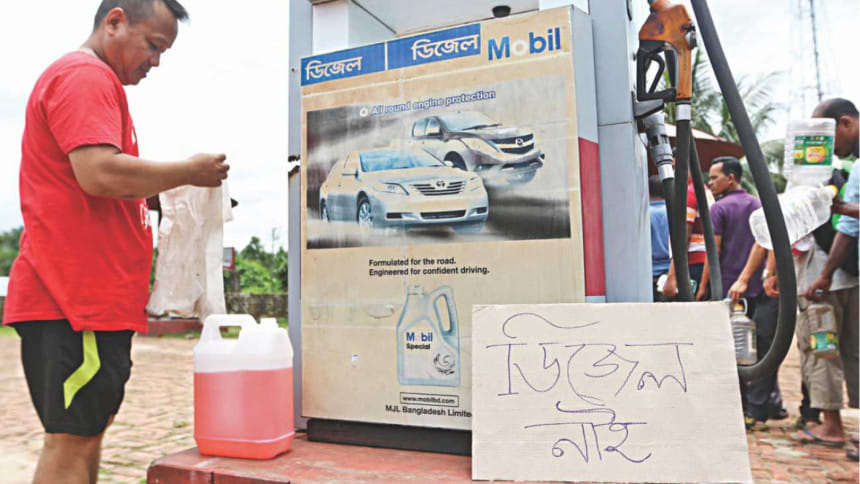
She went back to help her husband. It was around 9 or 9.30 am. "Suddenly I don't know what happened. I can't describe it," Rekha continued. "I found myself buried. I was buried till my waist; only my head was above the soil. I kept on screaming for help. Nobody could hear me as it was raining cats and dogs. I don't know how I managed to rescue myself and my husband. After that, I looked around and saw there was no sign of my neighbour's house. There was just red mud and branches. I called out, and screamed. I couldn't even recognise where the house where I left my Prince for safety was."
Prince was found around 5 pm. She was on her neighbour's lap. The neighbour's wife was trying to save her. The fire service workers cried when they found the bodies of these two. They are a symbol of how people try to save each other even when they know they can't.
What's the real number?
Nobody knows. The district administration published a list on June 18, 2017 stating that 2,591 people have taken shelter in 19 different shelters. According to media sources, around 150 bodies have been rescued thus far. The administration stopped the rescue operation saying they would do it on the spot if somebody came and claimed that their friends and family were still missing.
As a development worker who visited the different shelters on June 14, my observation is that the numbers will change frequently, and the administration will face a difficult time in providing exact figures of deaths, injured, and houses destroyed or at risk. The circumstances are such that it's not really possible to conduct a comprehensive needs-assessment of all those affected by the landslide. As such, it is highly likely that whatever relief is being brought in, will be provided on an ad hoc basis.
With work suspended for days for labourers in Rangamati, many workers are taking refuge at shelters with the hope of receiving some food to sustain themselves. While they have certainly been affected by the cyclone, they are not victims in the same way as those who have lost everything during the landslide; but how is one to ask those difficult questions and judge the authenticity of a person's claim on the shelters?
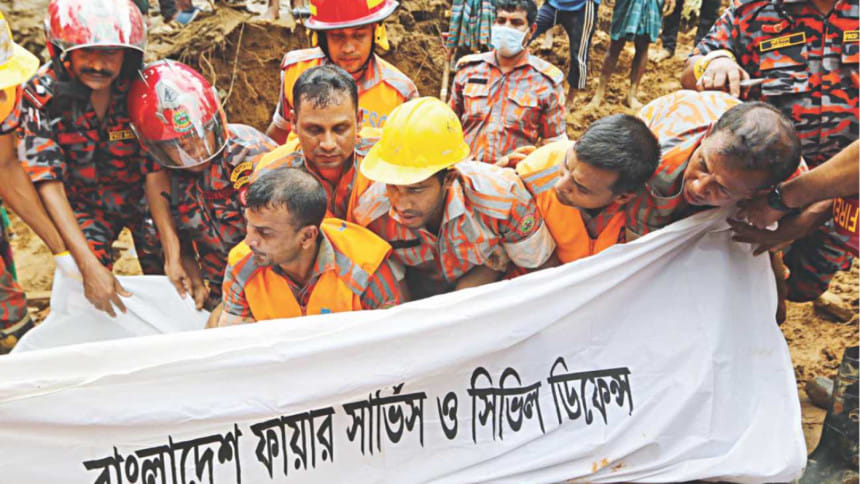
The number of people in shelter centres goes up and down, depending on the weather. If there is rain, the numbers rise; if it is sunny, they go to collect things from the site where their home used to be. At the shelters we visited, the situation is grim, to say the least, so much so that families who have lost their loves ones do not even have the luxury of grieving for their lost one. A girl I met at one of the shelters had lost her 13-year-old brother and her father was grievously injured, but when we went with packets of salines, she was fighting with those around her for a packet, no signs of grief on her face, just resignation and the will to survive. There are also a few shelter centres (mostly pagodas) which are yet to be identified by the administration where people take shelter during the night.
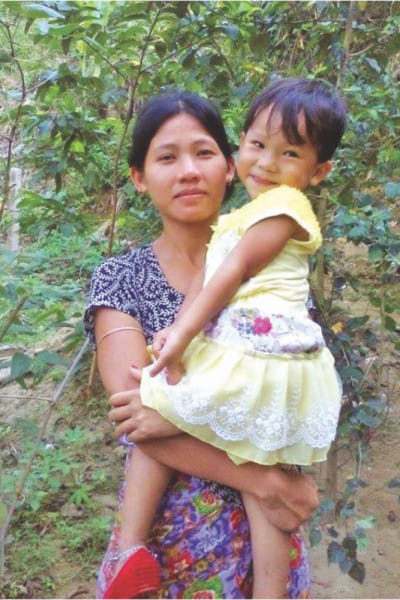
Rangamati is not like the Rangamati it was before. Two days after the landslide, on June 15, corrupt businessmen and public transport drivers hiked the price of essentials and fares as soon as they came to know that the roads were broken and that the connection with the rest of the country was severed. They couldn't pass on the opportunity to make profit out of the misery of people! Thanks to people's activism on social media and proactive networking with the administration, the latter took steps and set up mobile courts to check the price of essentials. Now the situation is a bit stable. People have started helping out those who are suffering.
But this is also a place where bonding in community exists, in a very strong way. Be it in Bengali communities or within the indigenous people. They live in paras where everybody knows each other. After the landslides, many people have taken shelter in relatives' and neighbours' houses. Some, who were affected by the landslide in the town but have the option to go back to their villages, have gone back. Many have just rented another place and moved out. However, as most of the houses are broken or at risk, people are facing difficulties in renting out places.
I am not going into the debate whether this landslide was a manmade disaster or mother nature taking revenge on us for harming her. I would like to see this devastating situation as a wake-up call. A wake-up call to the administration of Rangamati and the government of Bangladesh, who promote the hills as tourist spots but make no efforts to make the hills safe for their inhabitants. It should also come as a wake-up call for the people of Rangamati that it doesn't matter which ethnicity you belong to, you are, in the end, vulnerable and can die within seconds. Life is simply too short to not live in peace and harmony.
Muktasree Chakma Sathi is a rights activist, feminist and researcher working on minority rights, peace and security. You can follow her in twitter @SathiChakma.

 For all latest news, follow The Daily Star's Google News channel.
For all latest news, follow The Daily Star's Google News channel. 



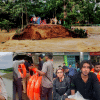
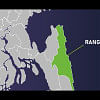



Comments